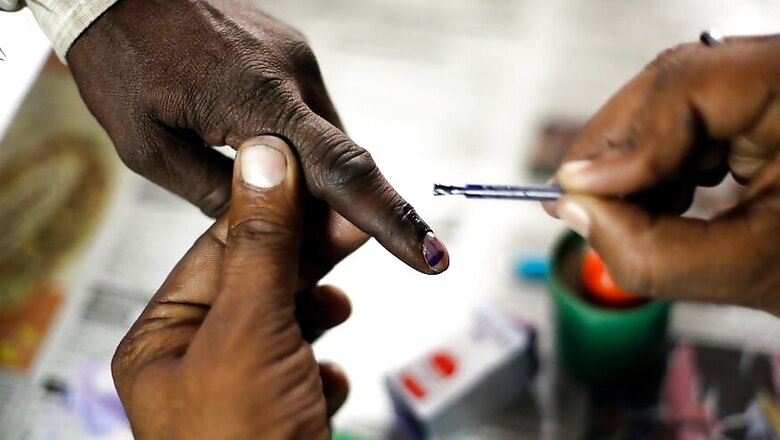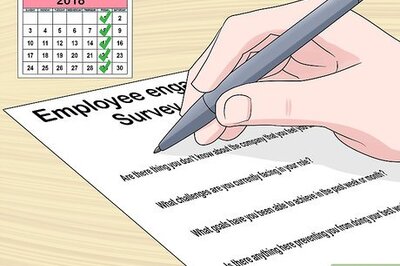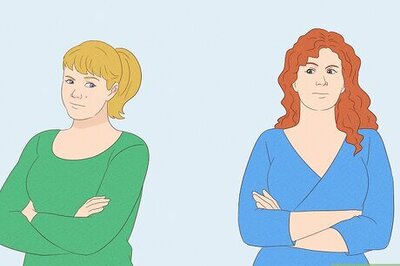
views
New Delhi: The high stakes political battle – the Lok Sabha elections – due in less than 100 days could be decided one way or the other by the massive 130 million first-time voters. To understand where they are leaning and what issues matter most to them, YouGov India and Firstpost reached out to these 18-21 years old.
While some of the findings of the nationwide survey were in line with expectations – jobs were the most pressing issue for men and safety for women - the numbers threw a light on the gravity of the situation.
Two out of three men, or 67 per cent in this age group, said job opportunities was their main demand from the next government, and an even higher percentage of women, 72, echoed the same demand. For women, safety remained the biggest concern for 79 out of every 100 female respondents.
The numbers should be worrying for the Narendra Modi government as it sheds a light on the perception of job crisis among the youth, as it comes soon after the leaked NSSO report showed that joblessness in India was at a 45-year-high in 2017-18 at 6.1 per cent. The report has not been made public with two members of the National Statistical Commission alleging that the government was stalling it.
Better education facilities, an end to corruption, religious violence and unrealistic promises were some of the other demands of the young voters. Minority rights and freedom of sexual identity also featured high on their lists.
Against the backdrop of the recent drubbing in three Hindi heartland states during the Assembly elections and a seemingly united opposition that is determined to dislodge the ruling BJP, the stakes are already high for the NDA that seeks a second term.
According to the findings, an overall of 57 percent of male respondents expressed an interest in politics, as compared to 44 percent of females surveyed.
While 13 percent of male respondents identified as being conservative in their political views, 23 percent of female respondents espoused this view. Interestingly, among both sets, nearly a third stated that their biggest reason for wanting to vote is because they were excited about voting for the first time.
Interestingly, it was further observed that the voting preference for both male and female respondents is largely based on the party ideology. This is followed by the individual appeal or preference for a PM candidate.
Surprisingly only two-tenth (18 per cent) of the male candidates take into consideration their local representatives that are in fray in their respective Lok Sabha constituencies. This number recedes further for females (10 per cent), as only one-tenth of them vote on the basis of this factor.
There was a total of 1,324 respondents, from a panel of over 40,000, who answered questions ranging from politics and jobs, to religion and the media in the survey.


















Comments
0 comment